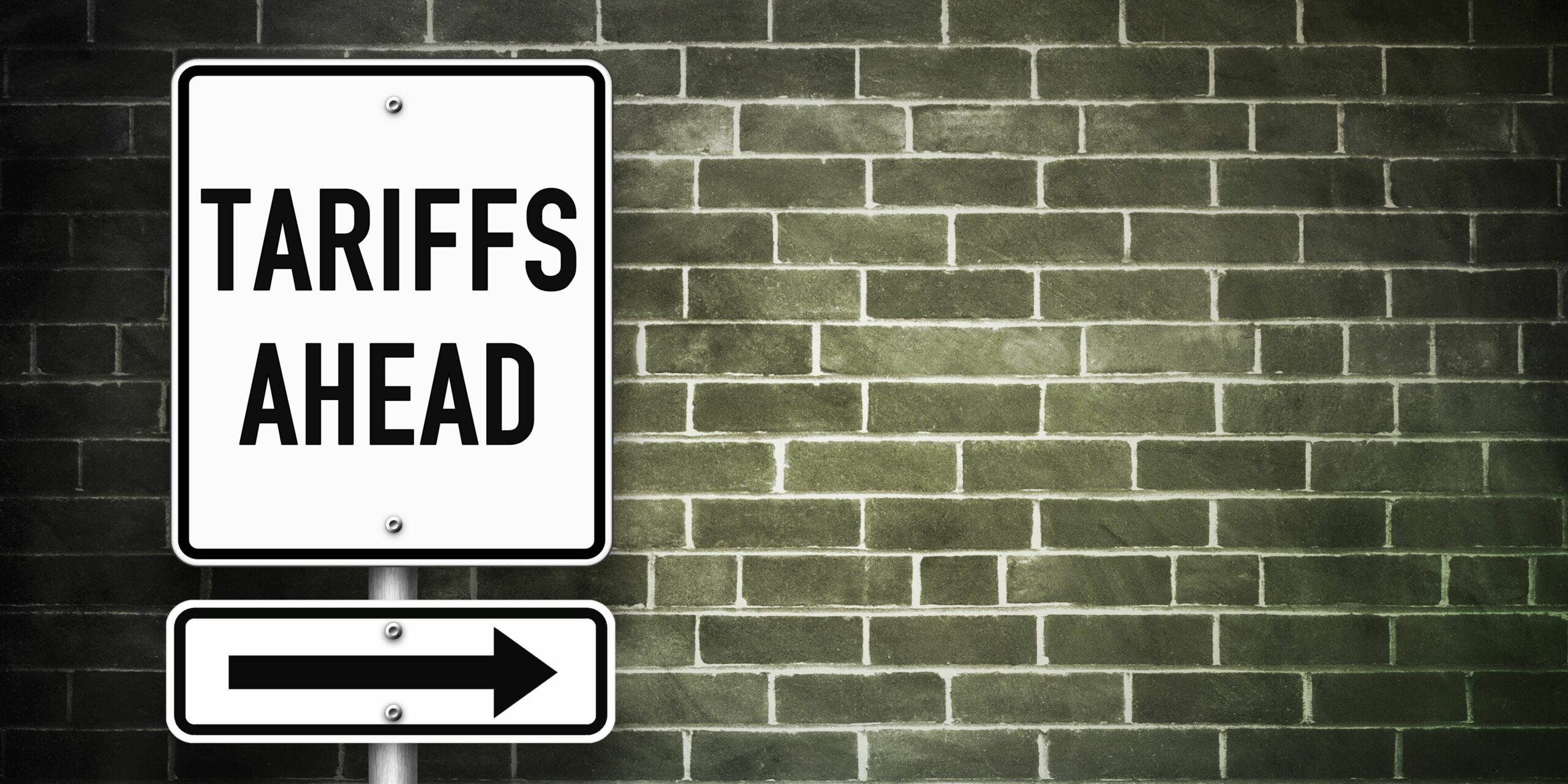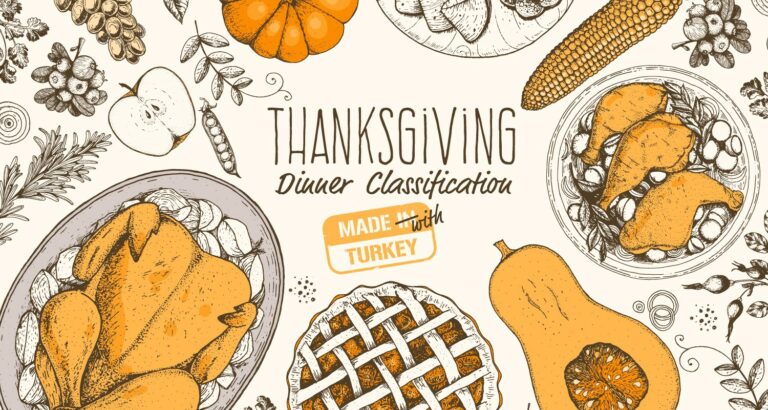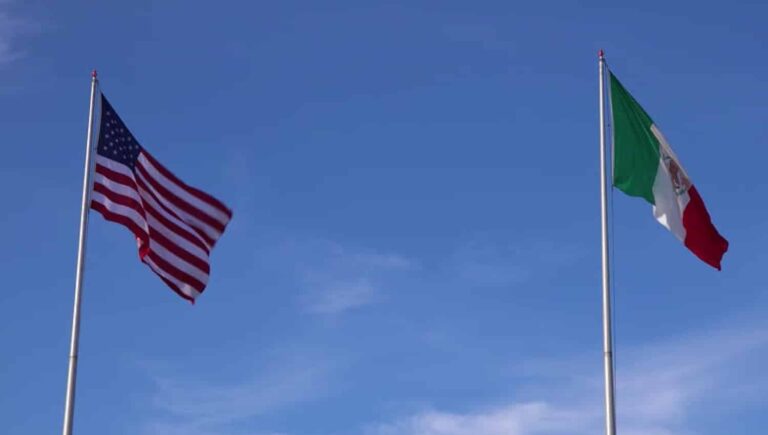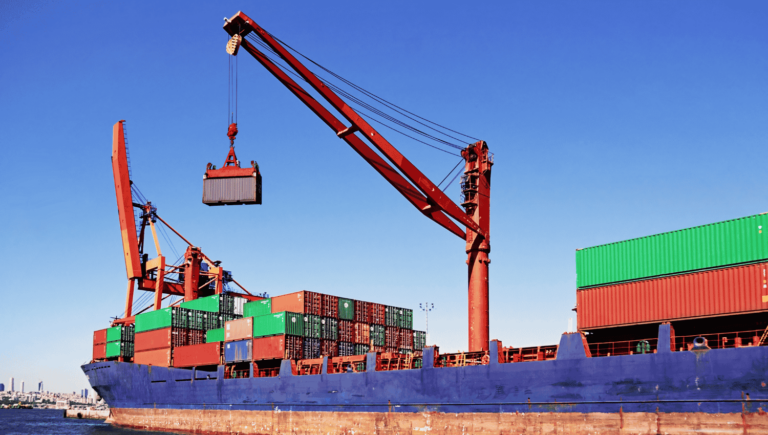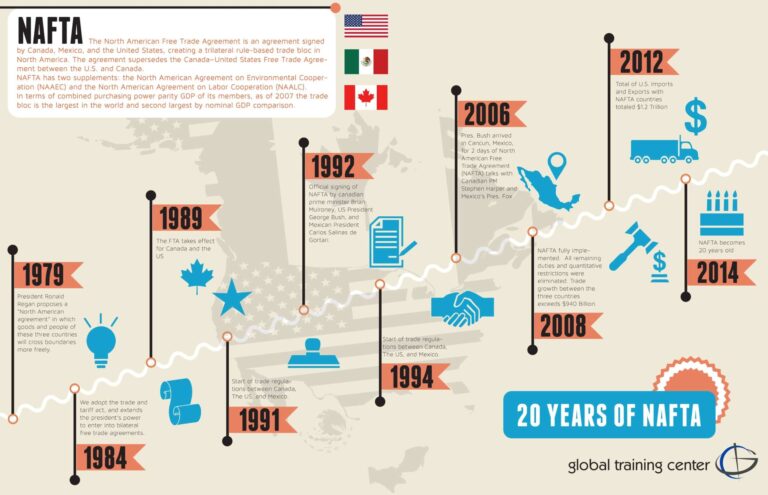U.S. Boosts Domestic Mask and Glove Makers through Tariff Increases on Chinese Imports
In a strategic move aimed at supporting U.S.-based medical mask and glove manufacturers, President Joe Biden recently announced a decision to increase tariffs on Chinese goods. This decision comes as a lifeline for the industry, which saw a surge in demand during the COVID-19 pandemic but struggled to compete with cheaper imports from China. The higher tariffs are expected to help level the playing field by reducing the price differential and encouraging investments in domestic production projects. According to industry executives, while the 25% duties are a step in the right direction, some believe that they should be even higher to effectively support the sector.
As per estimates by India-based research firm Mordor Intelligence, the U.S. personal protective equipment (PPE) market is valued at $14 billion. The tariffs on PPE were part of a broader strategy that included increased import levies on several goods categories deemed critical to U.S. competitiveness in national security and the transition to a green economy, covering a total of $18 billion in goods. Despite the initial rush to establish domestic production facilities during the pandemic, many start-up factories shut down or scaled back operations as cheap imports from Asia resumed.
One such example is United Safety Technology, which received significant funds to convert an old steel mill into a modern medical glove factory. However, the plant remains unfinished, with plans to finish construction hinging on the tariff increases from 7.5% to 25% set for 2026. Industry insiders acknowledge that tariffs alone will not resolve all challenges, advocating for a more substantial increase and immediate implementation to address the price gap effectively. The delay in tariff implementation has raised questions among manufacturers who feel that domestic production should have been further along by now.
Key players in the industry, including the American Medical Manufacturers Association, have lobbied for government support to bolster domestic manufacturing efforts. Despite facing challenges in securing orders, manufacturers like Altor Safety are optimistic that the new tariffs, set to rise to 25% this year for masks, will stimulate demand and facilitate growth. The impact of these tariffs on prices and supply chains remains to be seen, with stakeholders closely monitoring the situation to gauge how it will influence the cost and availability of PPE.
The recent tariff hike represents a significant step towards supporting U.S. manufacturers of masks and gloves, signaling a commitment to strengthening domestic production capabilities and enhancing national security in critical sectors. As the industry adapts to these changes, stakeholders are cautiously optimistic about the potential benefits that these measures could bring to the sector.
Read source article here: https://www.usnews.com/news/top-news/articles/2024-05-14/us-makers-of-masks-and-gloves-get-lifeline-higher-tariffs-on-chinese-made-products

Importing 201
Did you know that U.S. Customs requires that importers have written policy and procedures for record-keeping and customs compliance? This course builds upon techniques presented in our U.S. Importing course and explains how to implement and strengthen your import controls. The course also describes what you should do to prepare for the eventuality of a CBP audit.


